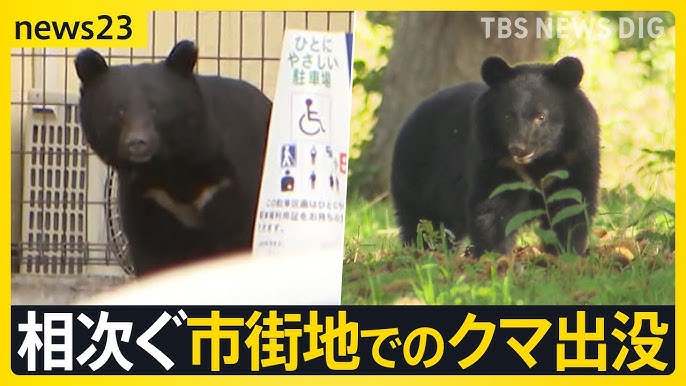In Akita, Japan, a series of bear attacks have left four individuals injured. These incidents, occurring in rapid succession, have amplified concerns over wildlife management and human safety in the region. While the precise circumstances of the attacks are still being investigated, prompt first aid response ensured that none of the injuries were life-threatening. This surge of bear encounters in Akita serves as a reminder of the ongoing human-wildlife conflicts in rural Japan.
Bears are considered a natural heritage in Japan, often coexisting closely with human settlements, especially in rural areas. These recurring incidents bring to light the issue of cohabitation with wildlife. Japanese society aims for a balance between nature conservation and human safety, sparking debates on effective solutions such as improved animal control, public education about wildlife encounters, and habitat management.
In contrast to Japan, bear-related incidents in the US and EU are handled primarily through community education and environmental regulations, often involving relocation of problem bears and restriction on feeding wildlife. These incidents occasionally lead to policy changes and intensified efforts to "bear-proof" communities.

